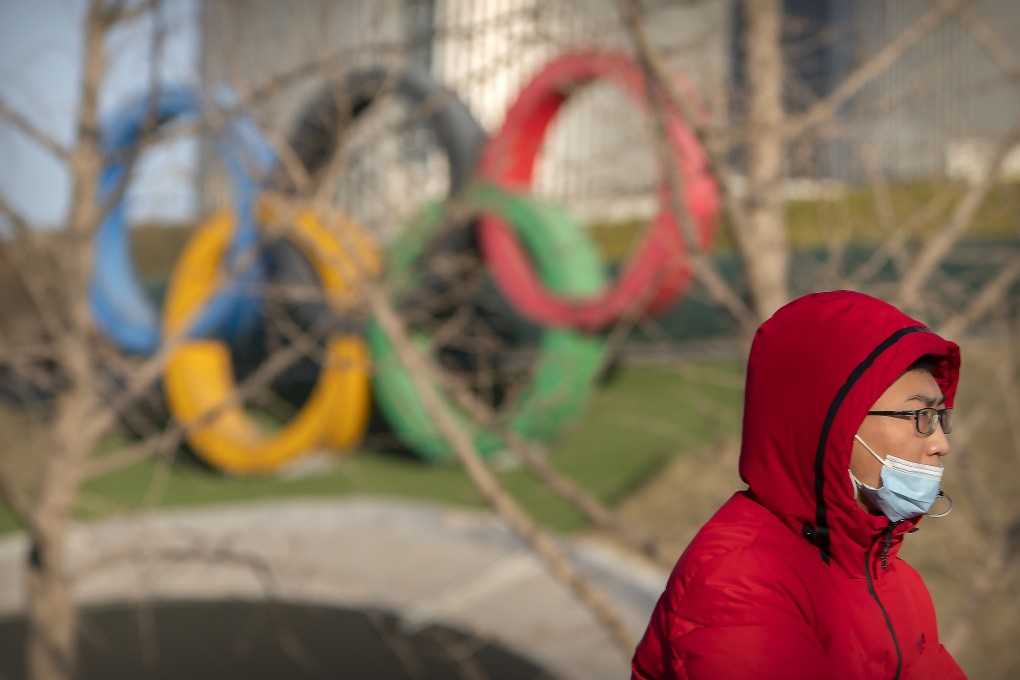Advertisement
IOC welcomes China’s coronavirus vaccine offer – not so Tokyo
- Beijing’s pledge to supply doses for participants in the next Summer and Winter Games a brilliant diplomatic move, observer says
- Proposal appears to catch Tokyo organisers off guard, with no mention of it in a presentation to the IOC’s annual session
Reading Time:3 minutes
Why you can trust SCMP
26

The International Olympic Committee has accepted China’s offer to supply coronavirus vaccines for participants in the next Summer and Winter Games, in an apparent win for Beijing as it battles boycott calls.
In the IOC annual session on Thursday, president Thomas Bach said the Chinese Olympic Committee pledged doses for unvaccinated participants for both the Tokyo 2021 Summer Olympics and the Beijing 2022 Winter Olympics.
“We are grateful for this offer which is in the true Olympic spirit of solidarity,” Bach told the online meeting.
Advertisement
“In this spirit, the IOC will pay for these additional doses of vaccines not only for the Olympic but also for the Paralympic teams.”
He added that for each dose given to an Olympic participant, the IOC would buy two more for people in that person’s home country.

01:05
China says calls to boycott Beijing Winter Olympics ‘doomed to fail’
China says calls to boycott Beijing Winter Olympics ‘doomed to fail’
The vaccine partnership comes amid growing calls to boycott the Beijing Olympics in protest over China’s treatment of Uygurs – a Turkic ethnic minority group in the far western region of Xinjiang – with various politicians in the United States, Canada and Britain describing the treatment as genocide.
Advertisement
Select Voice
Select Speed
1.00x